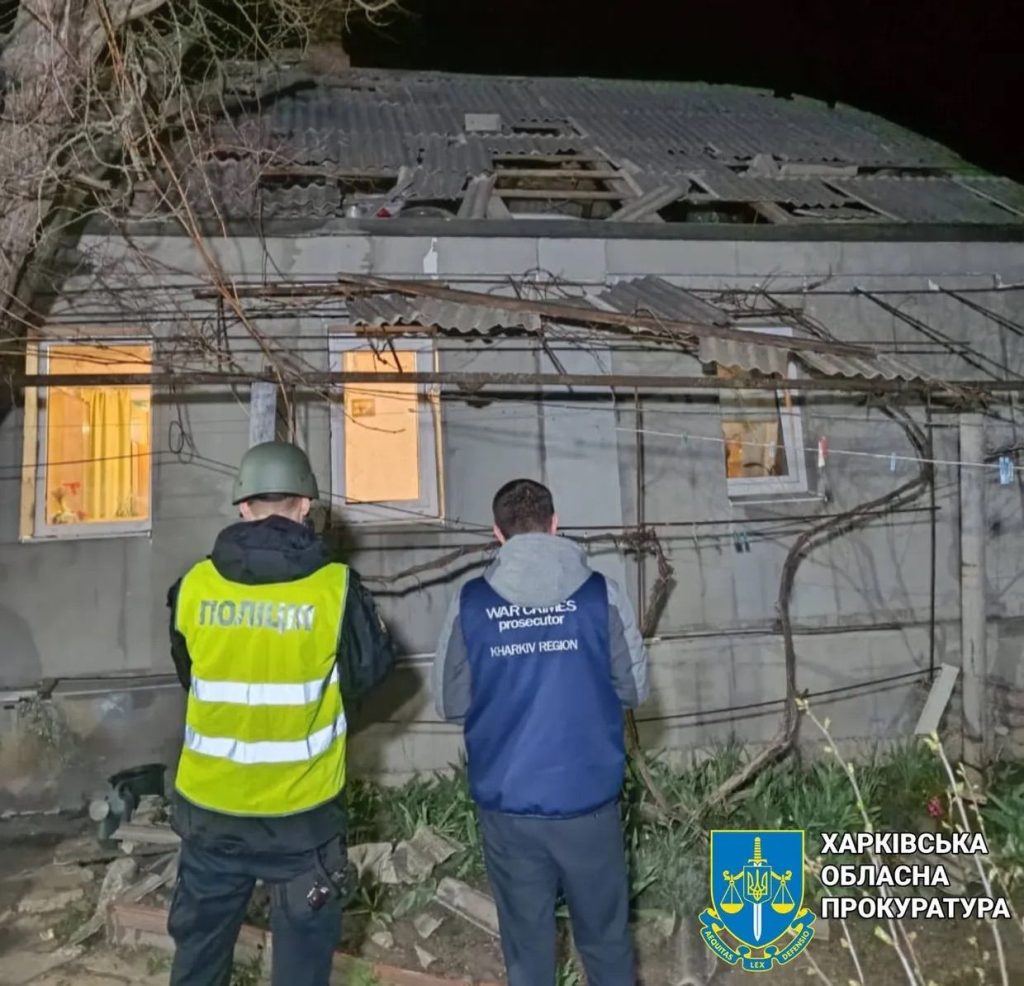Ukraine carried out airstrikes on Russian airfields, destroying or damaging 19 warplanes, according to sources. In other developments on April 5, Russian attacks on Zaporizhzhia resulted in the death of 4 people and over 20 injuries. The Ukrainian military denied reports that Russian troops had reached a suburb of Chasiv Yar. Additionally, Lithuania announced plans to purchase 3,000 drones to support Ukraine in their conflict with Russia.
The ongoing war in Ukraine has led to increased hostilities, with both sides engaging in airstrikes and ground attacks. Ukraine’s strike on Russian airfields is seen as a significant escalation in the conflict, potentially impacting Russia’s ability to conduct air operations. The casualties in Zaporizhzhia highlight the high human cost of the war, with civilians bearing the brunt of the violence. The denial of Russian troops reaching Chasiv Yar suggests that Ukraine is still maintaining control over strategic locations despite Russian advances.
Lithuania’s decision to provide drones to Ukraine underscores the international support for the Ukrainian government in their struggle against Russian aggression. Drones can be a valuable asset in modern warfare, providing surveillance and targeting capabilities that can help Ukraine defend against Russian incursions. The acquisition of 3,000 drones signals a significant investment by Lithuania in supporting Ukraine’s defense efforts.
The conflict in Ukraine has drawn in multiple countries and raised concerns about the wider implications of the war. The involvement of Russia in supporting separatist forces in Eastern Ukraine has sparked international condemnation and sanctions. The destruction of warplanes in Russian airfields by Ukrainian forces is likely to further escalate tensions between the two countries and potentially trigger a more substantial response from Russia.
The situation in Ukraine remains fluid, with both sides continuing to exchange fire and engage in military operations. The impact of the war on civilians, infrastructure, and regional stability is a cause for concern, with the potential for further escalation and spillover into neighboring countries. The international community continues to monitor the situation closely and provide support to Ukraine in their efforts to defend their sovereignty and territorial integrity.
As the conflict in Ukraine enters a critical phase, the need for a diplomatic resolution becomes more urgent. Efforts to de-escalate tensions and find a peaceful solution to the war must be prioritized to prevent further loss of life and instability in the region. The role of international partners in supporting Ukraine and mediating negotiations between the conflicting parties will be crucial in resolving the crisis and restoring peace to the war-torn country.


